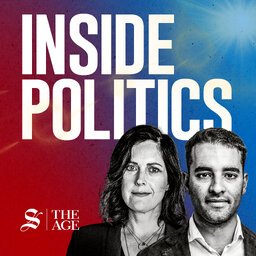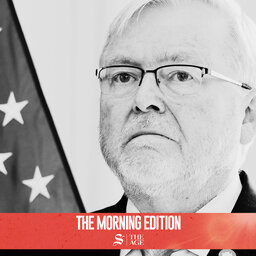Why gangland figure Tony Mokbel could walk free
Extraordinary scenes unfolded outside an Australian court last week when one of the last remaining figures from Melbourne's gangland war, Tony Mokbel, was released on bail.
And there watching it all unfold was crime writer Chris Vedelago, who has been following the Mokbel story for years.
Today, we delve into a legal scandal like no other, and one that could ultimately see the likes of Mokbel have their convictions overturned.
In 2 playlist(s)
The Morning Edition
The Morning Edition brings you the story behind the story with the best journalists in Australia. Jo…Social links
Follow podcast
Recent clips

Best of 2025: Bill Shorten on Albanese's Trump triumph, and the opposition's next move
29:19

Why Kevin Rudd resigned, and what it means for our relationship with Trump
20:53

Is the Iranian regime about to collapse?
26:36
 The Morning Edition
The Morning Edition
